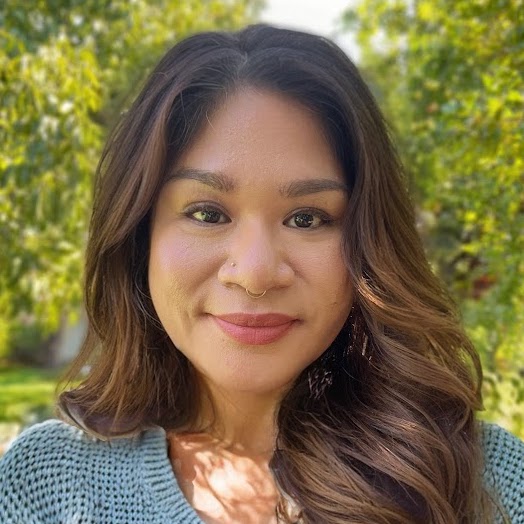
People-pleasing is a common behavior that manifests as an excessive desire to satisfy others at the expense of one’s own needs and well-being. While wanting to be liked is a natural human experience, chronic people-pleasing can lead to significant emotional distress and interpersonal issues.
As a therapist, I’ve seen how this behavior often ties back to childhood experiences and trauma. Let’s explore the psychology behind people-pleasing, recent research, and the links to early life experiences:
The Psychology of People-Pleasing
At its core, people-pleasing is driven by the need for approval and acceptance. Individuals who engage in this behavior often prioritize others’ feelings and needs over their own, fearing rejection or conflict. In other words, it describes the process of abandoning our own needs to avoid abandonment by others. This can stem from various factors, including personality traits, societal expectations, and childhood experiences.
Recent Research Insights
Recent studies have emphasized the implications of people-pleasing behavior. A 2021 study published in Personality and Individual Differences found that individuals with high people-pleasing tendencies also exhibited increased anxiety and lower self-esteem. This is consistent with earlier findings that suggest people-pleasers often have difficulty asserting themselves and setting boundaries, which can lead to burnout and resentment (Bridgman et al., 2021).
Additionally, a 2022 study in The Journal of Social Psychology highlighted the correlation between people-pleasing and attachment styles. The researchers found that individuals with insecure attachment styles—which are heavily influenced by childhood experiences—were more likely to engage in people-pleasing behaviors. Those who experienced inconsistent caregiving or emotional neglect as children may have developed the belief that they must please others to gain love and validation.
The Link to Childhood Trauma
Childhood trauma can significantly shape one’s relational patterns in adulthood. Children who grow up in environments where their emotional needs are unmet, or where love is conditional, may learn to adapt by developing people-pleasing behaviors. People-pleasing can be prompted by the following factors:
- Conditional Love: Children may receive affection only when they behave in a way that pleases their caregivers, leading them to internalize the belief that their worth is tied to their ability to satisfy others.
- Low Self-Worth: When self-esteem is consistently undermined during childhood, individuals may seek validation externally, often through people-pleasing behaviors. They may believe that by pleasing others, they can earn the love and approval they desperately crave.
- Fear of Abandonment: Traumatic experiences can instill a deep fear of abandonment. To prevent abandonment or rejection, these individuals might go to great lengths to avoid conflict, even at their own expense (abandoning their own needs).
Breaking the Cycle
Therapy can be a powerful tool for those struggling with people-pleasing. Here are a few ways that therapy can help people break out of people-pleasing behaviors and get more in-touch with their own needs:
- Self-Awareness: Understanding the roots of people-pleasing behaviors is crucial. Therapy can help individuals recognize where people-pleasing originated, patterns, and the triggers associated with them.
- Boundary Setting: Learning to set healthy boundaries is essential for reclaiming personal space and needs. In therapy, you may practice assertiveness skills and saying “no” when necessary.
- Reframing Beliefs: Cognitive-behavioral techniques can help individuals challenge and reframe the beliefs that underlie their people-pleasing tendencies. This includes recognizing that self-worth is inherent and not dependent on others’ approval.
- Self-Compassion: Cultivating self-compassion can shift focus from external validation to internal acceptance. By treating themselves with kindness, people can develop healthier relationships with both themselves and others.
Conclusion
People-pleasing can be a complex behavior rooted in entrenched beliefs and early life experiences. By exploring the connection between people-pleasing, childhood trauma, and the need for approval, we can better understand the challenges faced by those who struggle with this behavior. Relationship therapy offers a path toward healing, empowering individuals to reclaim their identities, set healthy boundaries, and foster authentic relationships. For help with this, more tips, and attentive support, please don’t hesitate to reach out to Ashley Barnes or our other wonderful therapists here at Love Heal Grow.

I help individuals and couples who seek to improve and enhance their relationships, those who wish to heal from painful experiences and navigate big life changes, and those who aspire to improve their mental well being.
You can read more about me or schedule an appointment here: About Ashley
























